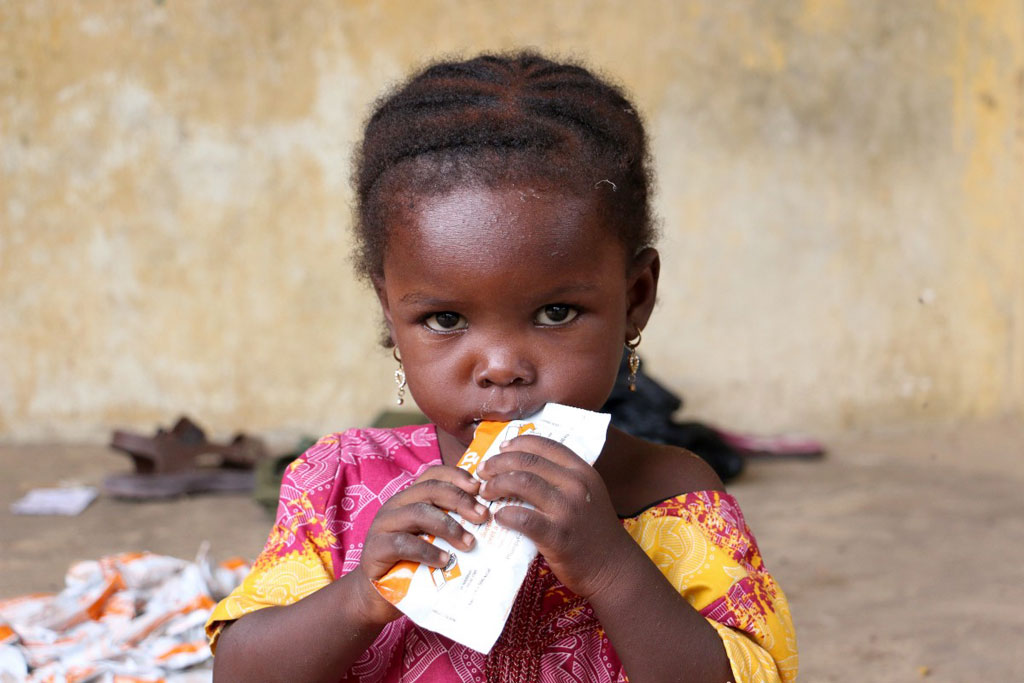
Making a continent afraid or anxious can be a terrifying and frightening experience. The United Nations is sounding the alarm as 4.5 million people need food aid.
The number of people in need of food assistance in north-eastern Nigeria has nearly doubled to 4.5 million from March, according to a mid-August analysis by various agencies including the World Food Programme (WFP).
“All indications point to an extremely grave situation,” said Abdou Dieng, the UN agency’s Regional Director for West Africa, in a news release.
“As the rains set in and the lean season deepens, and more areas are opened up to access humanitarian aid, the full scale of hunger and devastation is likely to come to light,” he added.
In the states of Borno, Yobe and Adamawa, the number of people “struggling with severe food insecurity,” or in an “emergency phase” requiring food assistance to survive, has risen fourfold since March to exceed one million, the analysis found. The Boko Haram-related insurgency in these states has caused population displacement, disruption in livelihoods, and acute food insecurity. It is estimated that at least 65,000 people in newly liberated but still inaccessible areas in Borno and Yobe are facing “famine-like” conditions.
The situation remains fluid, with more people uprooted in areas where fighting goes on. Some formerly displaced people are meanwhile returning to find their rural homes uninhabitable: forced to stay in urban areas, they are entirely reliant on external assistance.
After fleeing Boko Haram violence, a 2-year-old child at a displaced people’s camp located on the outskirts of Maiduguri, Nigeria, eats Plumpy’sup, a ready-to-use, highly nutritious food to combat malnutrition.
Photo: WFP/Simon Pierre Diouf